Arsenal, Man Utd, Atleti... Winners of UEFA coefficient plan & other methods
autty 2020-04-23 12:00:00 评论
UEFA's 55 member nations are braced for showdown talks on Thursday over the best ways to conclude the football season amid the coronavirus crisis and the temperature is already rising.

With serious doubts over whether the remaining fixtures in several countries will even be completed amid lockdowns and high death tolls, a consensus somehow needs to be found.
Some members, like Belgium and Holland, are leaning towards a complete cancellation of the 2019-20 campaign, with results being expunged. It is believed a number of smaller nations support this position.

But others, like England and certainly Germany, where the Bundesliga could restart on May 9, are pushing forward on the assumption the season can and will be concluded.
Yet whatever happens, at some point a new season will have to start and that means deciding who qualifies for the Champions League and the Europa League in 2020-21.
One proposal heard in a preliminary conference call on Tuesday was deciding each country's participants based on the UEFA club coefficient system.
But with millions of pounds of Champions League cash at stake, those who miss out aren't likely to be happy and a flurry of lawsuits could follow.
We take a closer look at the implications of this and some other potential methods to determine who plays in Europe next season.
THE COEFFICIENT PROPOSAL
This idea will be discussed between UEFA and the influential European Club Association on Wednesday ahead of Thursday's executive committee meeting.
If leagues across Europe can't be completed because of the Covid-19 pandemic, then spots in next season's Champions League and Europa League will be allocated using UEFA's coefficient.
This system takes into account clubs' performance in Europe over the past five seasons and the further they progress, the more points clubs accrue.
Naturally, more points are awarded for success in the more prestigious Champions League than the Europa League.
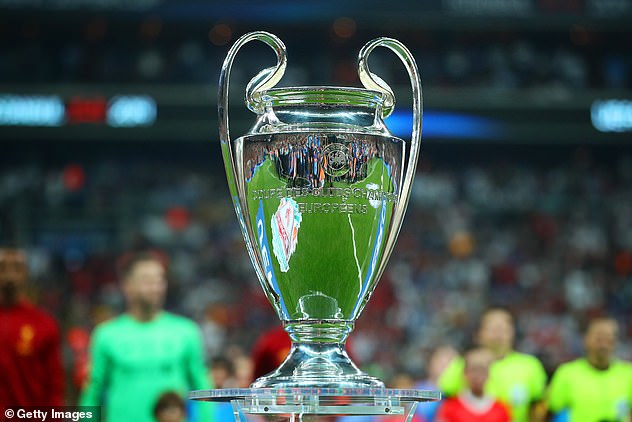
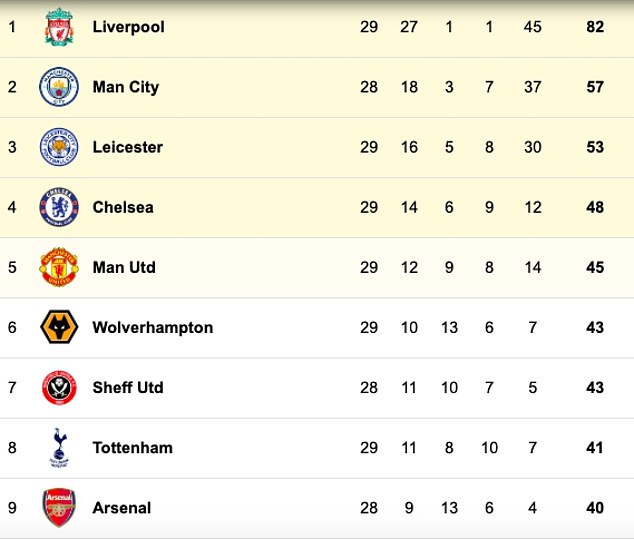
But allocating next season's participants along these lines would be incredibly controversial.
Take the current top four in the Premier League standings - Liverpool sit top, followed by Manchester City, Leicester City and Chelsea.
If Man City's European ban is upheld, then the final Champions League spot would be given to the team in fifth, which is Manchester United.
But if UEFA's coefficient is used, then England's four Champions League qualifiers would be Manchester City, Liverpool, Manchester United and Arsenal. Or if City remain disqualified, Tottenham would be taking their place.

So that's really bad news for Leicester City and Chelsea, who'd have to make do with the Europa League, but great news for Arsenal, who are currently ninth in the Premier League and eight points off fourth.
And with Leicester and Chelsea now in the Europa League, that's terrible for Wolves and Sheffield United, who wouldn't qualify for Europe at all despite enjoying great seasons.
There would almost certainly be protests and legal action from certain clubs, with Leicester and Chelsea set to miss out on millions in Champions League cash as a result.
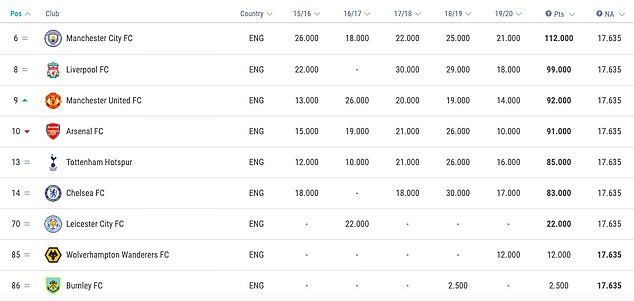
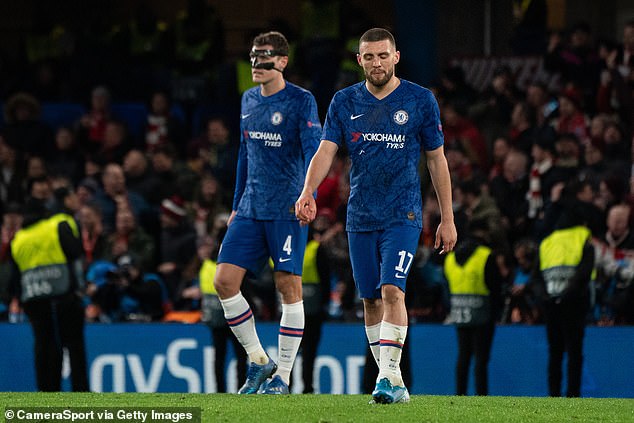
The prize pot for Europe's top competition, swollen by worldwide television rights and commercial deals, was worth around £1.8billion for the 2018-19 season.
In reaching the final, Tottenham pocketed around £88m, while Liverpool earned £93m for lifting the trophy. In reaching the latter stages, Man City and Man United earned £84m.
By contrast, in winning last season's Europa League, Chelsea pocketed about £40m in overall prize money. Worth having, but significantly less than the lucrative Champions League.
For many clubs, missing out on the Champions League means reduced transfer budgets and less appeal when it comes to trying to entice star players. The effect is magnified at a time when no matchday revenue is coming in.
There are many other knock-on effects as well if this method was chosen. The wage cut proposal Arsenal presented to their players - and whether they will accept it - hinged on Champions League bonuses.
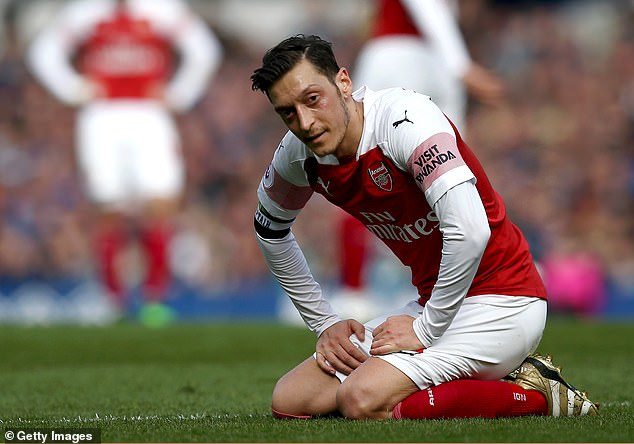
The 12.5 per cent wage reduction would be given back, plus a £100,000 bonus, if they made it into the Champions League next season.
Sitting ninth in the table, that looked unlikely, but if the coefficient system is used, suddenly they're in and the rebels - including £350,000-a-week Mesut Ozil - holding out against the cuts may come around to the idea.
There would be winners and losers in other leading leagues as well.
When Spain's LaLiga was suspended, the top four were Barcelona, Real Madrid, Sevilla and Real Sociedad, who were on course for the Champions League, while Getafe and Atletico Madrid were heading for the Europa.
But if the UEFA coefficient was used, Atletico would be in the elite competition at Real Sociedad's expense, while Villarreal and Valencia would be in the Europa, turfing out Getafe.
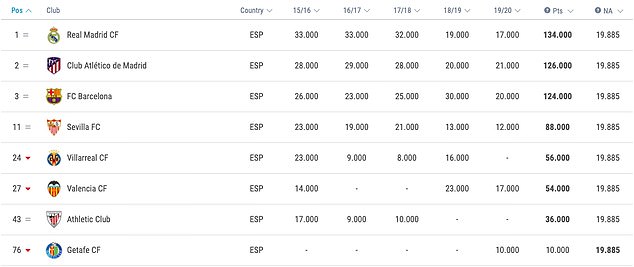
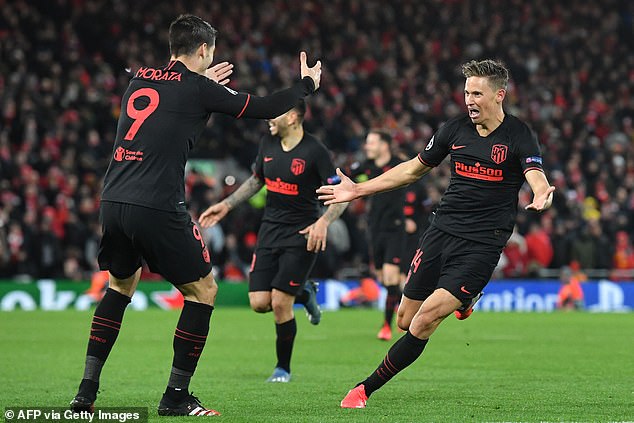
In Italy's Serie A, the current Champions League qualifiers are Juventus, Lazio, Inter Milan and Atalanta, with Roma and Napoli set for the Europa League.
But the coefficient would see Roma and Napoli qualify for the Champions League at the expense of Inter and Atalanta, who'd have to make do with Europa League football.
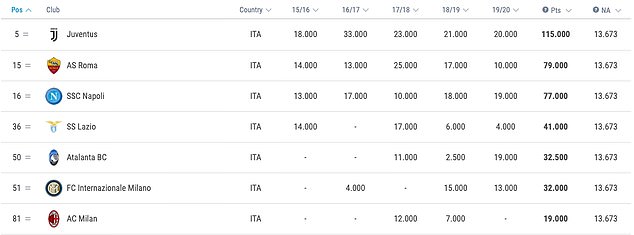
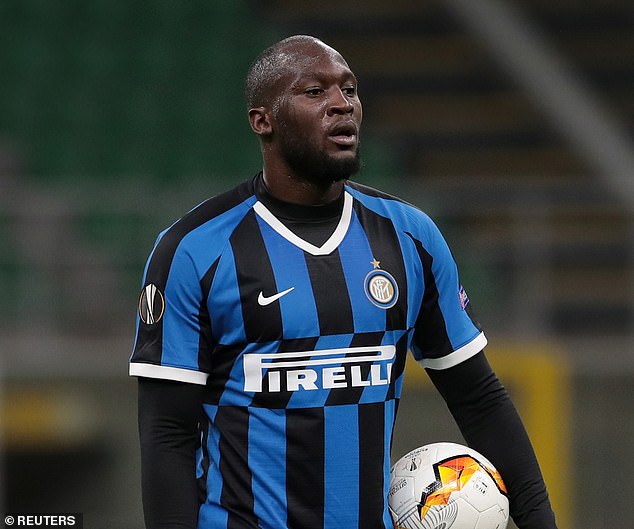
In the German Bundesliga, at present we have Bayern Munich, Borussia Dortmund, RB Leipzig and Borussia Monchengladbach heading for the Champions League. Bayer Leverkusen and Schalke are in the Europa League spots.
But if the Bundesliga cannot resume and the coefficient is deployed, Leverkusen and Schalke would take the place of Leipzig and Monchengladbach in the Champions League.
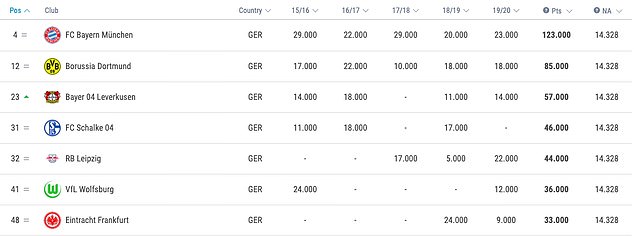

So it really isn't difficult to see why this system would prove so controversial.
While it does reward recent good performance in European competition, it is unfair on some clubs enjoying what could be a one-off excellent season while rewarding some enduring mediocre campaigns.
The winners: Arsenal, Manchester United, Tottenham (if Man City are banned), Atletico Madrid, Villarreal, Valencia, Roma, Napoli, Bayer Leverkusen, Schalke
The losers: Chelsea, Leicester City, Wolves, Sheffield United, Real Sociedad, Getafe, Inter Milan, Atalanta, RB Leipzig, Borussia Monchengladbach
OTHER METHODS
KEEP THE LEAGUE TABLES AS THEY STAND
Another option is to simply take Europe's league tables as they stood when football was suspended and decide the Champions League and Europa League qualifiers that way.
In the majority of leagues across the continent, teams are practically three-quarters of the way through their seasons and the view could be taken that the tables are a fair reflection.
So in the case of the Premier League, Liverpool, Manchester City, Leicester City and Chelsea would qualify for the Champions League.
Or Manchester United would take City's place if their ban is upheld.

In Spain, this is the method proposed by the country's football federation (RFEF) to decide the final table if the season can't be finished.
This has angered fifth-placed Getafe, who are below fourth-placed Real Sociedad only on goal scored.
However, under league rules, they'd normally be split on head-to-head record and Getafe's is superior having won away at Sociedad.

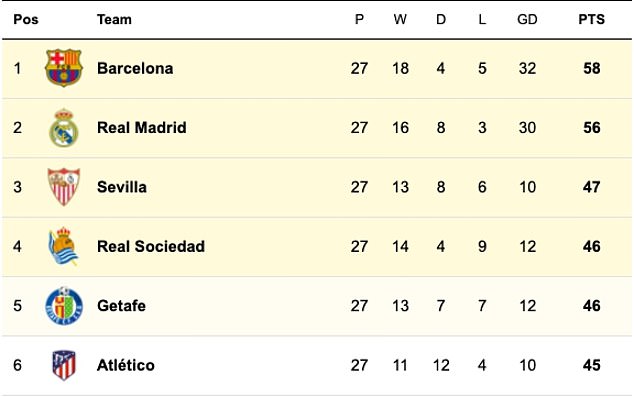
Premier League qualifiers for Champions League: Liverpool, Manchester City or Manchester United, Leicester City, Chelsea
Europa League: Manchester United or Wolves
PREDICT THE REMAINING FIXTURES
This mathematical method predicts the outcomes of the 92 remaining Premier League matches this season using teams' home and away form.
For each game, the home team's average points per home game this season is compared against the away team's average points per away game this season.
To take account of form, an extra weighting for the past five home and away matches respectively is factored into the equation.
If one team's figure is at least 0.2 greater than the other, they win the match. If it's less, the match is drawn.

Under this method, Sheffield United would finish fifth and therefore take Man City's place in the Champions League if City are banned. Man United, meanwhile, would be in the Europa.
Premier League qualifiers for Champions League: Liverpool, Manchester City or Sheffield United, Leicester City, Chelsea
Europa League: Sheffield United or Manchester United
FIRST MEETINGS THIS SEASON
This method only counts games from the first 19 rounds of the season to avoid differences in opposition (for example, some sides have played Liverpool twice already which would count against them).
The final table is based upon the results of those first meetings this season and so is at least based entirely on what's already happened rather than predictions.

However, it takes no consideration of form during the second half of the season or the impact of January signings.
Man United would take City's Champions League place if they are banned from Europe.
Premier League qualifiers for Champions League: Liverpool, Manchester City or Manchester United, Leicester City, Chelsea
Europa League: Manchester United or Sheffield United
POINTS PER GAME
This relatively straightforward method produces a final table by dividing teams' current points totals by games played to get a point-per-game (PPG) average.
Goal difference is then used to separate any teams that finish level on PPG.
The only changes to the table affects those teams with a game in hand, so Sheffield United (1.54 PPG) would leapfrog Wolves (1.48) into sixth position and be assured of Europa League football.
Premier League qualifiers for Champions League: Liverpool, Manchester City or Manchester United, Leicester City, Chelsea
Europa League: Manchester United or Sheffield United
- 消息参考来源: DAILYMAIL
- 严禁商业机构或公司转载,违者必究;球迷转载请注明来源“懂球帝”
- 懂球帝社区规范:抵制辱骂

